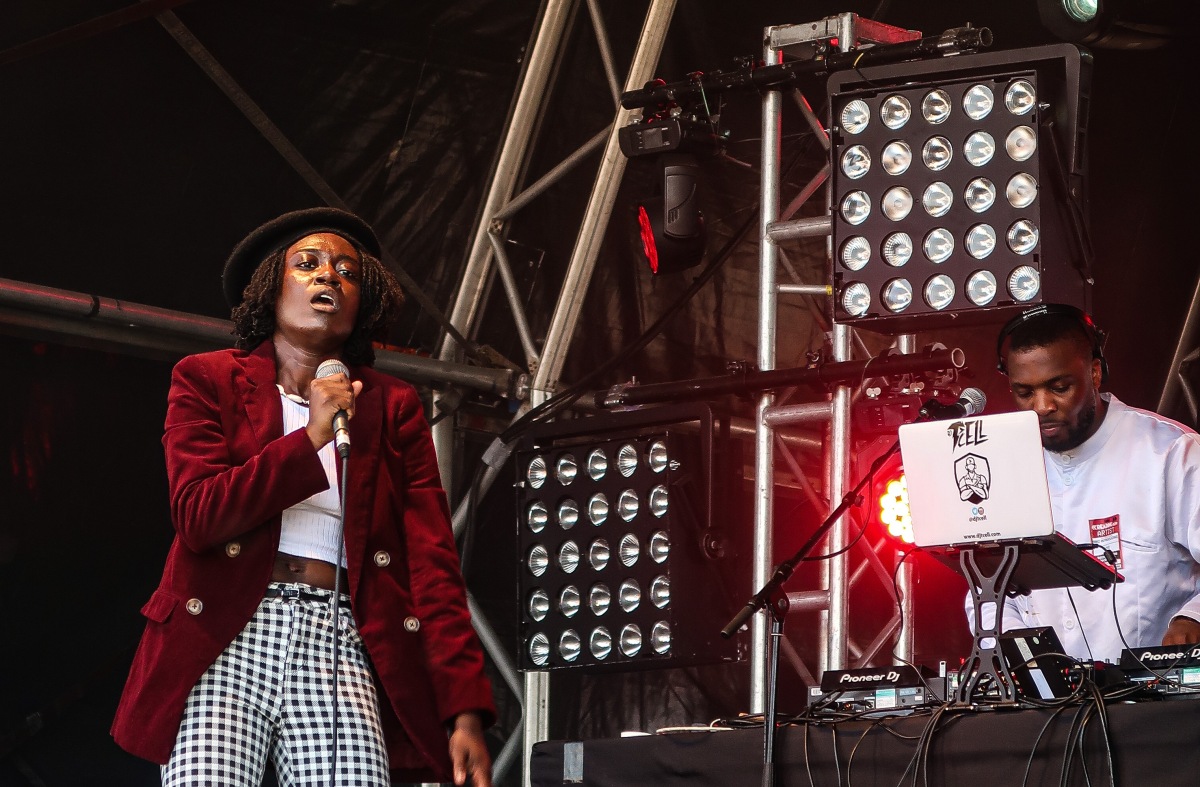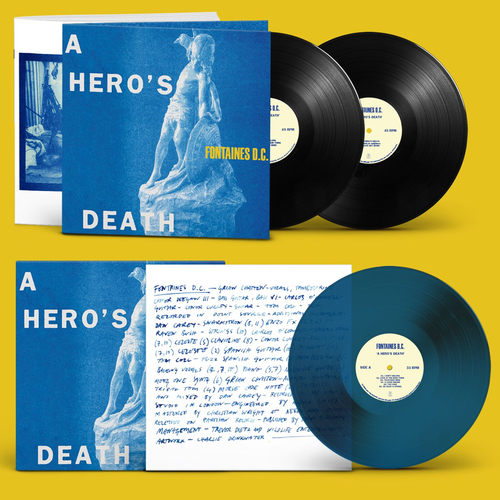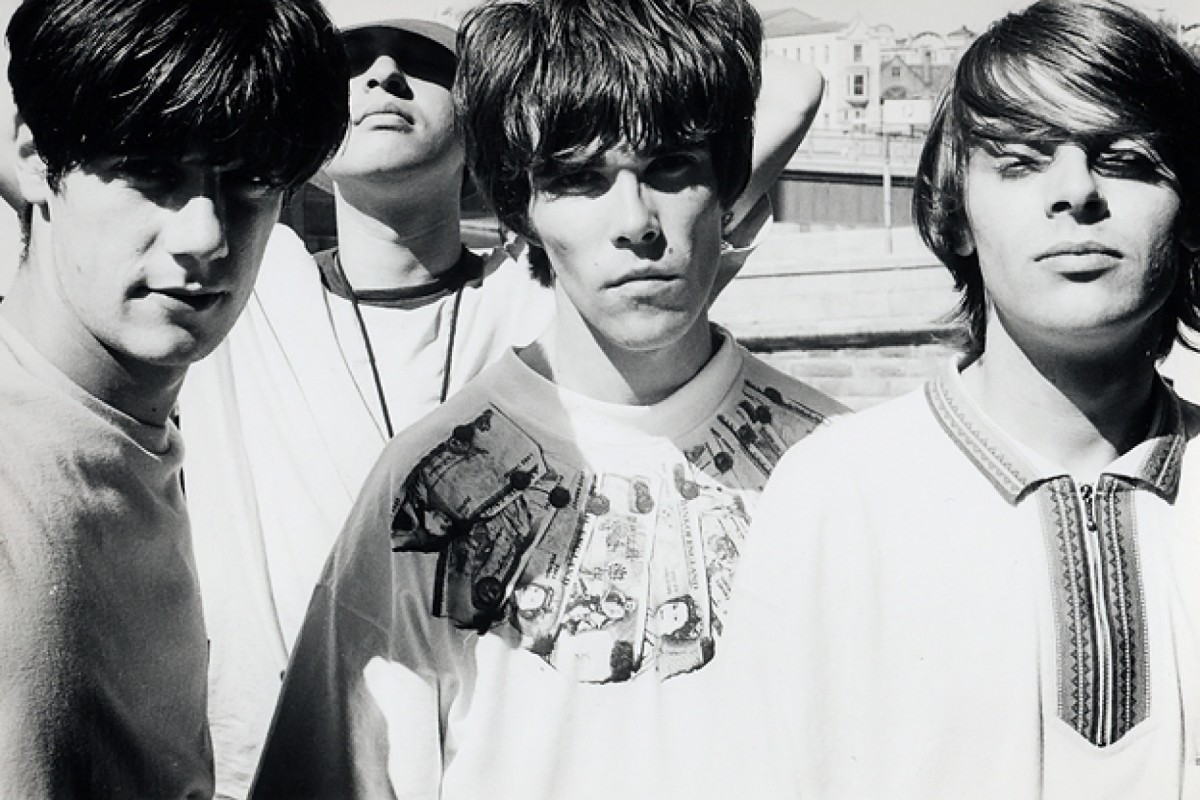I have classed myself a feminist for as long as I can remember, I grew up frustrated with my female classmates who shied away from the label for it had been twisted and given a misleading radical connotation. It baffled me. What confused me even further was that my reward for seeking to discuss issues I was passionate about was being labelled bossy and opinionated. Surely being unafraid to discuss a situation that makes you unhappy and that is altogether downright immoral was a positive trait. Instead, I received the opposite impression, which left me questioning. Was I destined to be viewed negatively by others for having a voice and being unafraid to use it?
Throughout lockdown, like many others suffering from bored as a shit syndrome, I devoured anything on Netflix that even brushed on interesting. Once I had finally finished waging my profound dislike for Tiger King’s Carole Baskin, I stumbled across Taylor Swift’s documentary titled Miss Americana. Now, I’ll admit I’ve never been Swift’s biggest fan, in fact reasonably far from it; don’t get me wrong after watching all 85 minutes you’re still especially unlikely to catch me red-handed in the act of discreetly tapping my foot to Shake it Off or throwing cushions or crockery at the wall to We Are Never Ever Getting Back Together. Nonetheless, what I did find was a newfound respect for a woman who can only be described as severely misunderstood, a mere chess piece tactfully used as part of a much bigger game. On the contrary, the confinement of the patriarchy is not an amusing little game like charades or monopoly (although I would argue the latter even in speed mode is truly the stuff of nightmares).
Before watching Miss Americana, I had spent years of disliking the unattainable image that Swift put out to the world. I was skeptical because, to me, her unnaturally thin stature and exclusive group of supermodel friends portrayed her as an advocate for low self-esteem in young girls and women and the glorification of unhealthy eating habits or disorders. In the eyes of a budding feminist such as myself and undoubtedly many others, it looked like her women backing women facade was limited to beautiful women who had graced the covers of Vogue. Together, the Swift Squad (as it was then known) fed into society’s patriarchal ideas of the perfect woman, she was the “perfect” woman who refused to discuss politics and social issues but maintained her tiny waist and glossy blonde locks. What I should’ve guessed and what I ultimately failed to, was that behind this facade was a woman who was being pigeonholed by powerful men in the music industry and by the cruelty of cowardly bullies online. Taylor Swift had been playing the role that men wanted her to play, she became the puppet whose strings were being pulled by a society designed by white men, for white men. Naturally, this left me wondering, how many other women in the music and entertainment industry had suffered the same fate as Swift due to these sexist ideals?
What I discovered as I dug deeper and deeper was that Swift’s tale was not an anomalous case, she was part of a hidden trend, part of a much wider issue that has been swept under the rug for decades. In recent years, our attention has been focused on the film industry. The conviction of Harvey Weinstein and the rise of the #MeToo movement had public condemnation centered around Hollywood and the movie-making scene whereas issues of the same foul and repulsive nature in the music industry went undetected and utterly unnoticed. The fact is that so many female artists have been subjected to beyond stomach-turning scrutiny and even worse, appalling instances of sexual assault or inappropriateness.
Despite the pop music industry accumulating a total of £4 billion per year, it’s an industry in which late-night drinking and parties are the norms. However, what should not become part of the norm is women continually being on the receiving end of their male bosses or clients crossing workplace boundaries simply because the atmosphere is more informal and events often occur outside of typical office hours. According to Lara Baker, events manager at the Association of Independent Music (AIM), it’s not uncommon at all for people’s concept of formality to go out of the window when the lights in the room are low with a few glasses on board. In her words, “A woman will be in a taxi with her boss or a client after a gig and he’ll suddenly start kissing or groping her and she’s expected not to mind. It’s not easy for her to speak out when it involves a colleague or a client and her reputation is at stake.”
To put a name to a face, world-renowned musician Lady Gaga openly revealed that she in the past has suffered from PTSD as a result of being a victim of sexual assault, aged only 19 at the hands of an unnamed producer. Absurdly, this unnamed man is allowed the privilege of keeping his name hidden, despite his indefensible acts of cruelty he is held unaccountable and allowed the liberty to live his life as a free individual. On the contrary, a woman has to bear the burden of these acts of violence for the rest of her life, these horrible events have to traumatically play out in a woman’s head over and over and over again. It is wrong. It is so very wrong, but the fact remains, it is still happening.
Ultimately, to name a powerful perpetrator of sexual violence or indiscretion is dangerous for a young woman or a woman of any age for that matter. We at any point could find our careers under fire, our reputation ruined at the click of one’s fingers. Strangely, this idea of a woman’s reputation at stake takes me right back to secondary school English as if a woman is suddenly dubbed un-womanly or undesirable for refusing a powerful man in an Elizabeth Bennett-esque fashion. Or in other words, this age-old idea (and an ongoing idea at that) that to fit the bill we must be seen and not heard, or rather to be heard only when we are asked or told to speak.
To this day, the concept that women, to be successful or desirable need to be fancied by men, remains widely undertaken. The fact that all of this is culturally accepted or challenged at the expense of women’s careers in the 21st century can only be indicative of the lack of progress we have made as a society and in the music industry. Women’s success is still often not based on her talent, hard graft, or resilience but rather on something as superficial as dress size. In previous years, female pop artists have shared their stories of lamentable criticism within the industry. Notably, in a law-suit filed by Kesha against the now infamous record producer, Dr. Luke, described some of the hideous name-calling that had been inflicted on her. Some of the insults involved him describing her as ‘a fat fucking refrigerator.’ Kesha has since battled head-on with an eating disorder.
What makes all of this even more disturbing, is that unfortunately, none of these events even shock me. Of course, it breaks my heart but, it’s not like there’s anything astonishingly new about all of this. Kesha is simply part of a long list of female artists including the likes of Adele, Rihanna, Selena Gomez (I could continue) who have been the subject of objectification in the media, by their managers or online. To do this day, women are often still expected to adhere to patriarchal ideals if they want to make it in the industry. If your best friend, your sister or your daughter’s dream is to become a musician how do you tell her that the first step to success or to making it big is to suppress her values, her strength and her voice? Well maybe, like most of us you would say nothing, I guess that that’s what most of us would do, but unfortunately, this is the reality for many women striving to succeed as an artist.
Although Taylor will never see this, consider this article my re-evaluation of her character. I’m sorry that I didn’t read between the lines and I feel awful that she was made to feel so small and to compromise her voice and values. I mean I still can’t say that I listen to her music, to be totally honest I think I’m far too much of a grumpy and sceptical teenager for Swift’s gladdened pop songs but I solemnly swear I’ll review my opinion in a few years. Maybe. Possibly. Okay, probably not. Nevertheless, I hope that other women that want to freely pursue their passion for music aren’t shoved in a box as Taylor was, she truly deserved better. All of us women deserve better and it’s not just up to women to make it better either, it requires men to address their bias, to rethink their misconceptions about how women should look, think or act in order for this to get better.
It’s clear to me that this pigeonholing can’t go on and we shouldn’t have to continue to compromise ourselves to succeed (except for maybe sacrificing the excess hours of binge watching Netflix shows, my god it’s a cruel world). Begrudgingly, I’ll allow my strong mindedness to continue to be classed as bossy if it means that one day, women aren’t treated like objects that powerful men in record labels have a monopoly on- see I did say that that game had bad connotations. It’s tremendously evident to me, as it should be to you, that this is an issue that has gone on for too long, it’s too urgent for people to continue to shove their head’s in the sand. We need answers, we need solutions and we need them immanently. I think now is the time for the music industry to face the music.




























